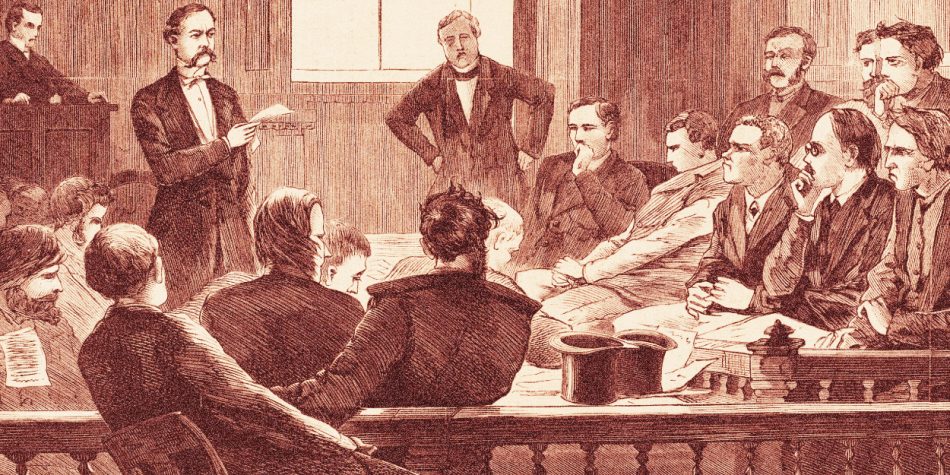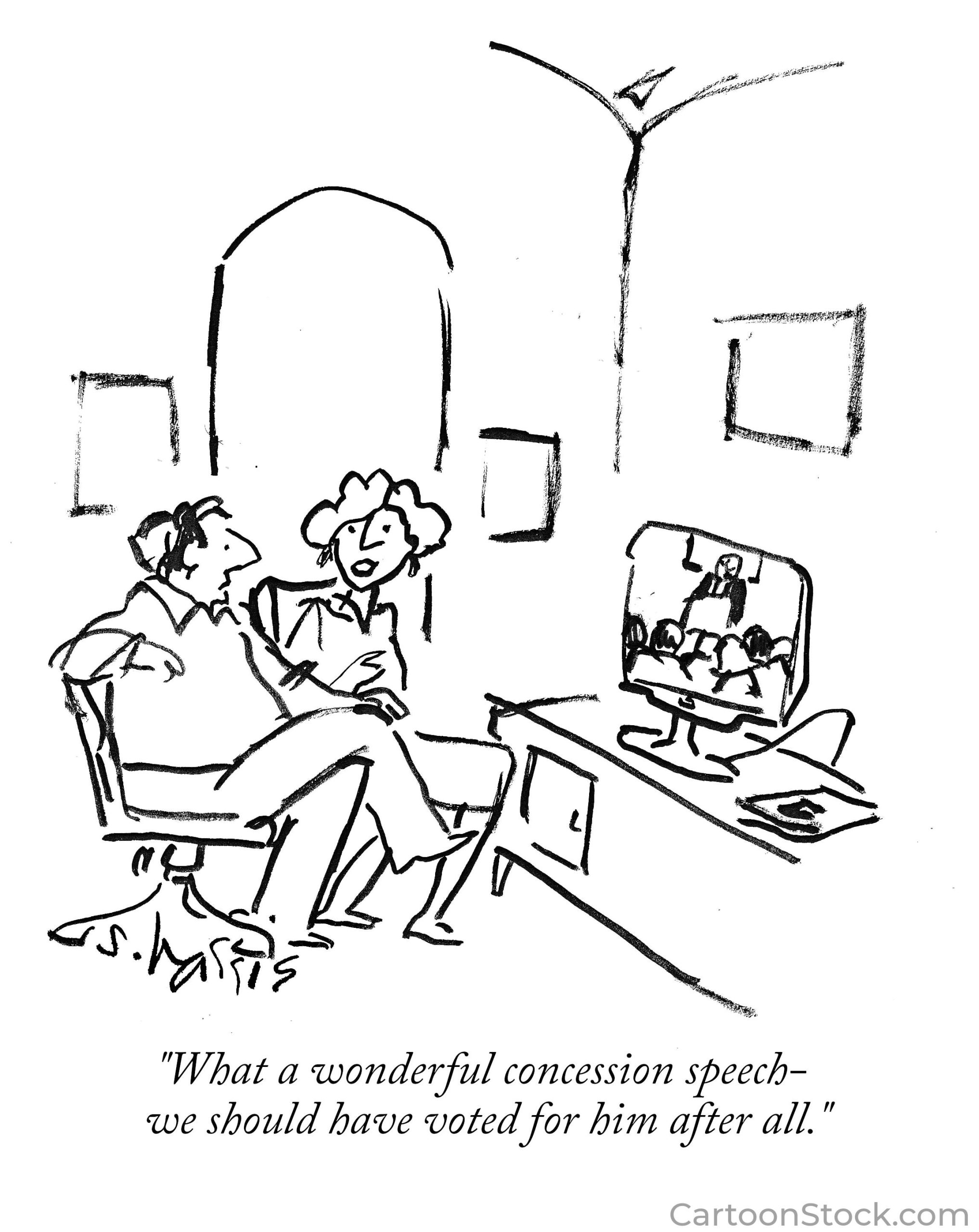With the exception of slavery, abortion is arguably the most divisive issue in our nation’s history. After years of conversing with people of conflicting perspectives on this subject, I propose the real possibility of crafting legislative common ground upon which even the most passionate proponents on either side of this issue can unite. So, why hasn’t that happened?
It is within the judicial arena that we find an unbridgeable chasm. I would argue it is our nation’s flawed court rulings, particularly Roe vs. Wade, that have caused and ensured that Americans will remain divided on this issue. Oftentimes good legislation requires difficult compromises between decent people who hold very different opinions.
Enacting legislation often requires people from different perspectives and opinions to compromise their principles in order to pass the best possible laws for the current social circumstances. Given this, it would be quite possible to bridge the gap between abortion activists, who defend a woman’s right to choose, with right-to-life zealots, who hold convictions defending the personhood of unborn babies, so long as these compromises stayed within the arena of the state legislature.
For example, I can envision legislation that would allow legal abortions up to an agreed-upon point in the pregnancy, but conversely requiring women to be shown alternative options and resources available during a mandatory waiting period prior to the permitted abortion procedure. Of course, the messy details would be hashed out by our elected officials as both sides would be required to make a reasonable compromise. The pro-life people would compromise their principles by agreeing to legally permit action that they believe to be murder, and the pro-choice people would compromise their principles by legally mandating the woman to wait in her anguish while listening and learning about alternatives to the step she had hoped to take. Oftentimes good legislation requires difficult compromises between decent people who hold very different opinions.
The core problem with the abortion issue is that it was “settled” by the Supreme Court. The role of the courts is very different from that of the legislature. People expect the courts to pronounce principled (uncompromising) rulings to protect people’s constitutional rights, regardless of the politics, pressures, and circumstances. In the case of abortion, the court’s responsibility is to pronounce principled decisions relating to the woman’s right to privacy AND the unborn child’s right to life.
Roe vs. Wade acknowledged the woman’s right to privacy (with incrementally greater protections during the earlier trimesters) but never ruled as to when (and why) human life gains legal protection. In the third trimester? Why? Because three divides evenly into nine? What kind of principled reason is that? Should we protect the child before or after the umbilical cord is cut? When the child learns to speak? When the child develops the ability to reason? When the child moves out of their parents’ house? A fertilized egg contains DNA from both the man and the woman and therefore belongs to neither the man nor the woman.
I know that these examples start to sound ridiculous, but incremental ridiculousness is often normalized after basic reasonable principles are compromised.
The great flaw in Roe vs. Wade is that it ignored the simple question of “when (and why) does a human life deserve to be legally protected?” Without addressing this question, Roe vs. Wade is merely a quasi-legislation passed by the courts. And that is why this court decision has divided the nation so deeply.
Any legitimate court rulings on abortion must address the issue of when life is to be legally protected; and based on the scientific facts that we now possess, there is only one correct principled answer—that is, life deserves to be legally protected from the moment of conception. Why? Because the sperm contains only the DNA of the man and therefore belongs to the man. The (unfertilized) egg contains only the DNA of the woman and therefore belongs to the woman. But a fertilized egg contains DNA from both the man and the woman and therefore belongs to neither the man nor the woman. This fertilized egg possesses the genetic material of a unique human person.
To summarize, it would be ideal to hash out difficult political compromises in the arena of the state legislature to create nuanced laws that consider all of the concerns of citizens from both sides of this issue. But in the sad absence of that, if we are going to continue to centralize public policies around court rulings, then the courts should be obligated to be advised by the facts of objective science as relevant to the case. And the objective science (without infusing even the least bit of theology into it) shows us with clarity that life begins at conception when the fertilized egg possesses the genetic material of a unique human person deserving all of society’s legal protection.

















